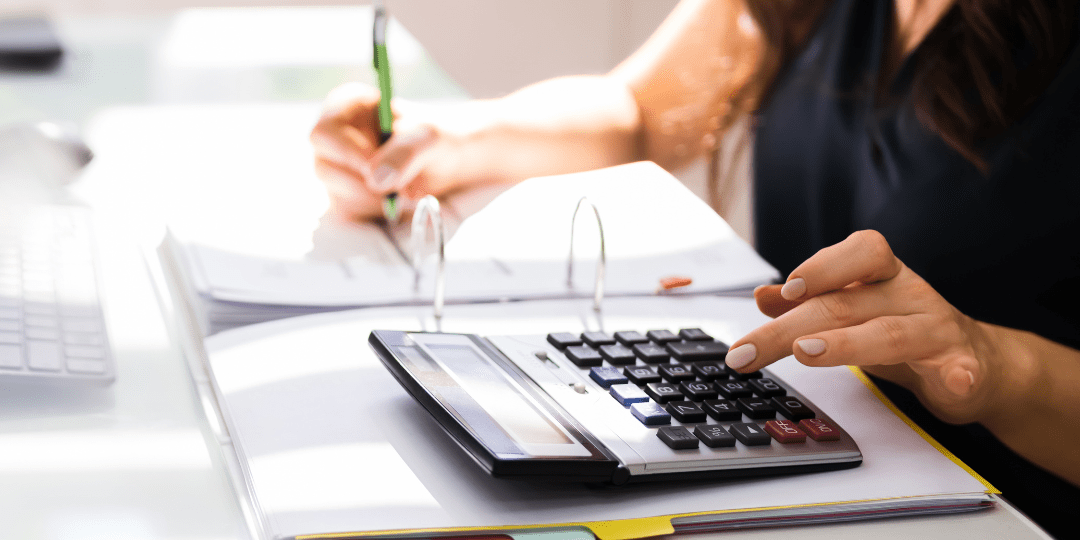
Fuel cards could benefit your business if you’re looking to streamline your admin and make claiming back VAT and mileage allowance less stressful.
But are you wondering whether fuel cards are a taxable benefit? Perhaps you want to know how you can reclaim VAT when you use fuel cards in the UK? Here’s everything you need to know about fuel cards and tax — including all things tax relief and the HMRC mileage allowance.
Please note that the following guide to fuel cards and tax implications is for information purposes only. You should always seek support from a financial adviser if you’re concerned about your tax.
Are fuel cards a taxable benefit?
A fuel card is not a taxable benefit when used solely for business mileage. However, if you use your card for personal travel (for example, commuting to and from work), fuel card tax becomes an issue.
You’ll need to submit a report to HMRC detailing personal use across the fleet and pay NI contributions on the value of the fuel used. We recommend using the HMRC online calculator to calculate the taxable value.
To avoid employees using fuel cards for private mileage, you’ll need to ensure your drivers use their cards for business use only. You can achieve this by asking employees to refund the cost of all fuel purchased for personal use. In addition, a fuel card supported by an online management system will help you track driver data to monitor potential abuses.
Fuel card tax relief on business mileage
Under the current UK system, any mileage payments you make to an employee are tax-exempt. But, crucially, this only applies to business-related travel that doesn’t exceed the government’s set rate.
Reclaimable miles include the following:
- Driving as part of your job
- Travelling to a location that isn’t your regular workplace, e.g. to a conference or to meet a client
However, you won’t be able to claim for:
- Your regular commute
- Travel to a location close to your workplace
- Trips where the primary purpose is not business-related
There is a way to simplify tax relief and business mileage — fuel cards are a tax-free alternative to calculating and administering travel-related expenses.
What is HMRC mileage allowance, and how does it work?
HMRC sets statutory rates for business travel, known as Approved Mileage Allowance Payments (AMAP). These do not include congestion charges, parking, tolls, or other driving-related expenses, which you must claim separately.
AMAP payments apply to personal vehicles used for business travel, not company cars. Self-employed people, including sole traders, partners and owners of an LLC, can also claim this allowance.
The rates for the current tax year are as follows:
- 45p for the first 10,000 miles travelled for cars and vans, then 25p a mile after the threshold
- 24p a mile for motorcycles regardless of distance travelled
- 20p a mile for bicycles irrespective of distance travelled
A fuel card streamlines the process of recording and claiming for business miles travelled.
How to reclaim VAT when buying with fuel cards
The VAT on fuel is calculated at a flat rate of 20%. So you’ll pay the same rate regardless of whether you use a credit/debit card or a fuel card.
However, using a fuel card significantly simplifies the reclaim process. No matter how many vehicles are in your fleet, all VAT-rated transactions are combined into HMRC-compliant invoices, making it straightforward to claim back VAT in minutes rather than hours.
It’s a legal requirement that your business keep VAT receipts for three years, dating from the end of the tax year that they were issued. When your employees use fuel cards, all receipts are stored and consolidated in your fuel card management portal. This has the benefit of making the VAT reclaim process streamlined and ensuring HMRC compliance.
Setting up fuel cards can save your business fleet money in the long run. Compare the best cards for small businesses and larger fleets, and get your free fuel card quote today.